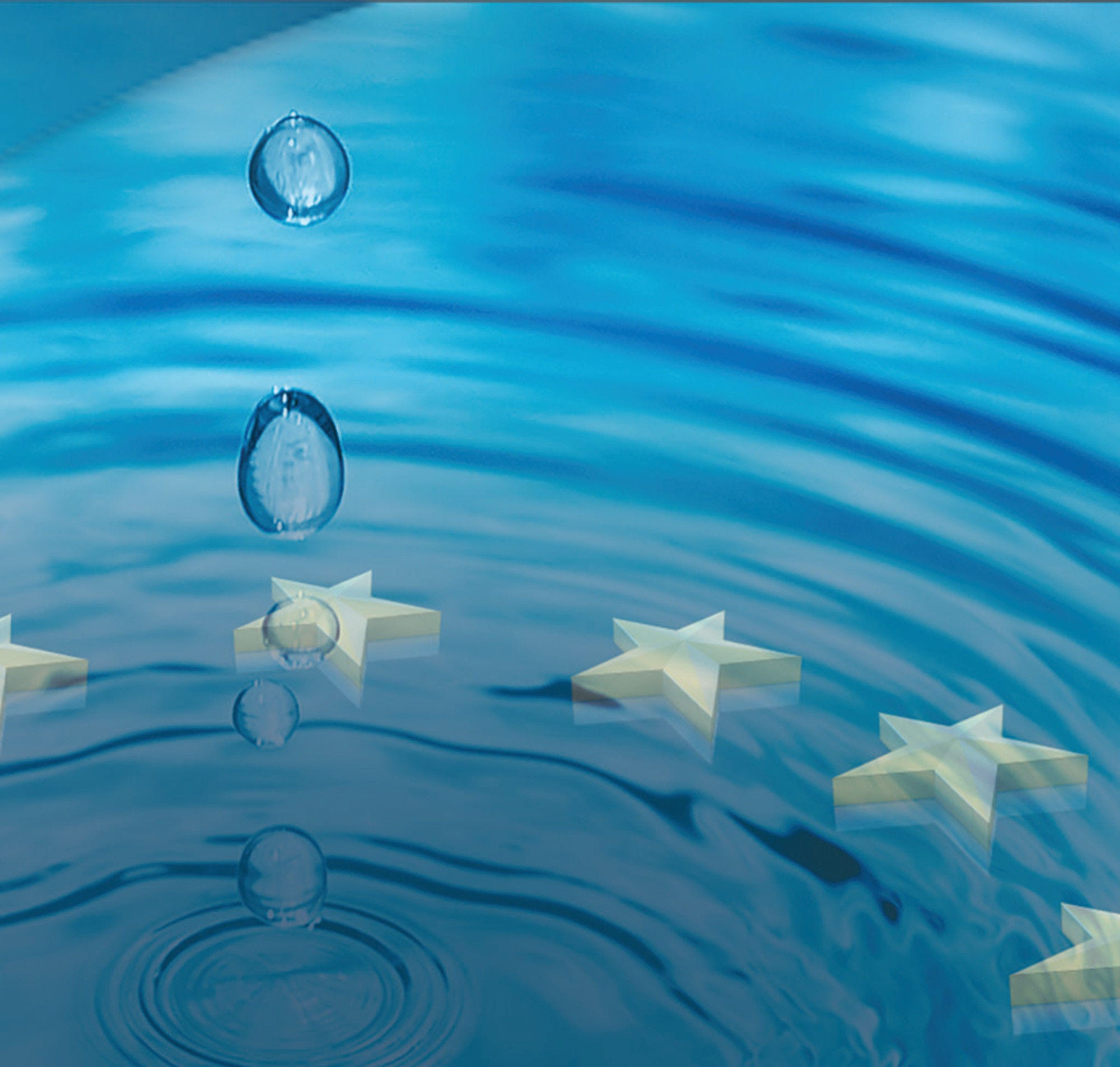A distinctive feature of the European Union’s (EU) Water Framework Directive (WFD) is the multiple references to economics. According to the WFD, EU member states are mandated to:
Recover the financial, environmental and resource costs of using water. These costs include the opportunity cost of using water (which should reflect scarcity), the costs of pollution (in line with the Polluter Pays Principle), and the financial costs of operating infrastructure and services to access water;
Establish water prices that promote water use efficiency and hence discourage wastage and encourage efficient allocation of water resources;
Use economic analyses and appropriate data to document costs of measures and investments, their allocation, and the contribution of different water users (households, industry and agriculture) towards cost recovery.
Reference to water economics in the WFD and Flood Directive (FD) resonates with similar references in the OECD Council Recommendation on Water, adopted by OECD member countries in December 2016. It follows that the OECD and the European Commission share a common interest in facilitating the diffusion of water economics and robust practices for cost recovery and diffusion of the Polluter Pays Principle across their constituencies and beyond.
The Fitness Check of the EU's water legislation and the assessment of the second cycle of implementation of river basin management plans and flood risk management plans indicates that there is room for improvements with regard to the integration of water economics into the framework of integrated water management.
The European Commission - DG Environment and the OECD Environment Directorate embarked on a joint project to provide practical guidance to EU members states and support further progress towards robust water economics to inform water resources management. Ultimately, this is expected to facilitate compliance with the WFD and Flood Directives.
Noting that the financing of measures is a major obstacle towards improved implementation, this joint project aimed to: i) assess whether EU member states have set up appropriate mechanisms to recover costs of water management; ii) identify good practices that can inspire further progress in member states; and iii) provide policy and methodological guidance on how to further recover costs of water management. Analyses and policy messages are relevant to a broader audience, with an interest in cost-effective and fair management of water resources.
